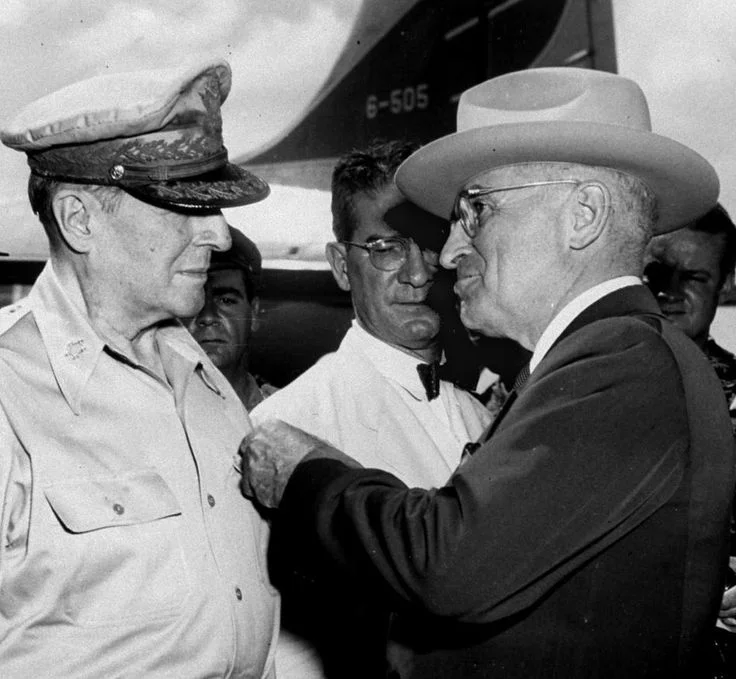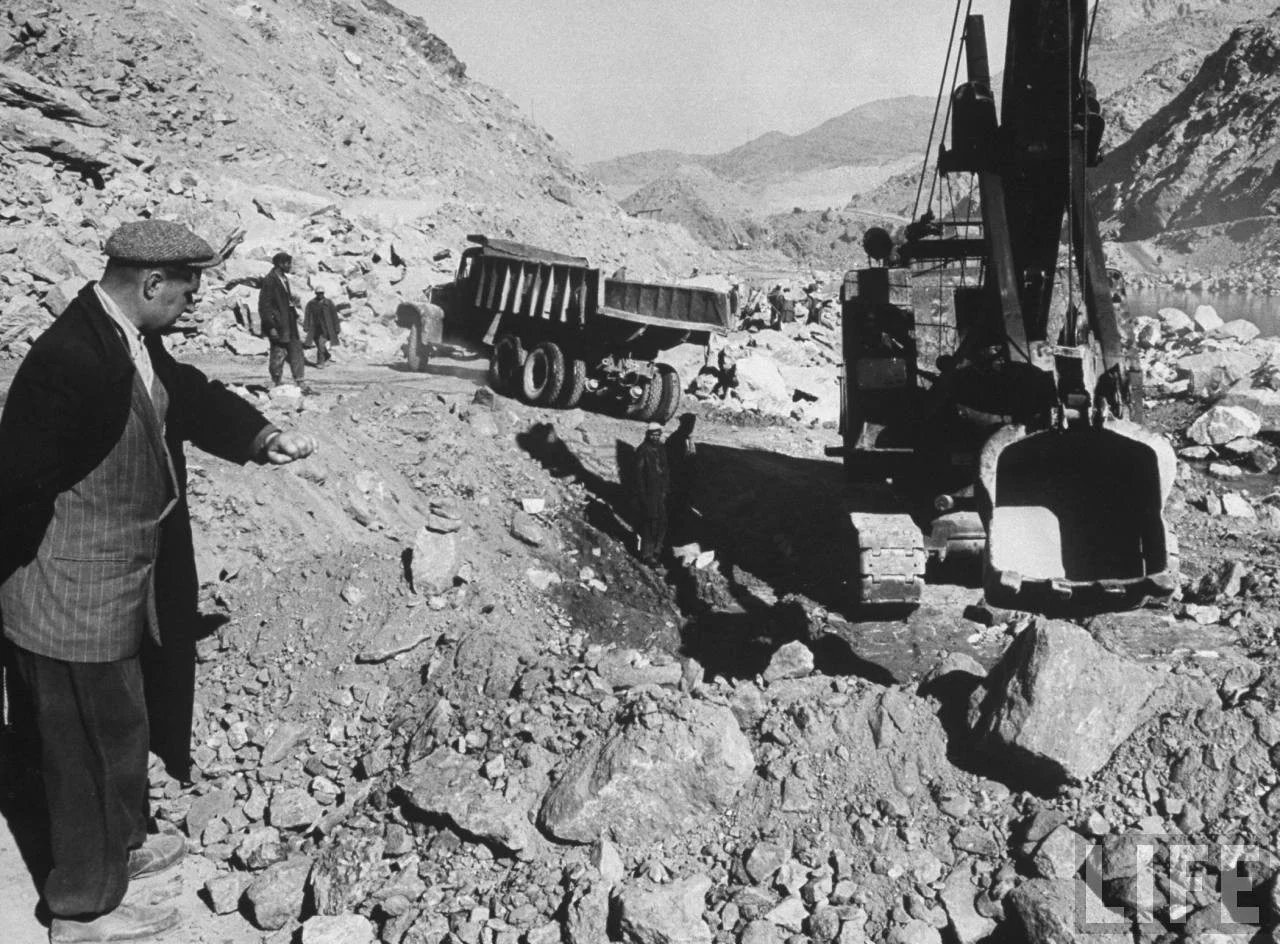Writing provides one of the few venues available for leaders seeking to develop themselves through inward reflection, and, to that end, poetry is writing’s finest vehicle for cultivating empathy. Analytic prose is limited in that it can make self-knowledge explicit only by delineating one’s cause-and-effect reasoning. Poems, however, can go where prosaic essays cannot.
Turning the Corner in Afghanistan
In the November/December 2017 issue of Foreign Affairs, Kosh Sadat and Stanley McChrystal defended the ongoing state-building and counterinsurgency project in Afghanistan as both right and necessary. In doing so, however, they revived the fallacies that have long obscured problematic aspects of the US-led campaign in that country. Proponents of the open-ended commitments to Afghanistan have long misrepresented the governance and security issues in Afghanistan as merely technical, albeit complicated, and overstated the ability of American means to remedy such issues. Like others before them, Sadat and McChrystal have addressed neither the complex prerequisites to state building nor the consequences of ongoing American political ambivalence towards the war. Either one of these factors alone could derail US aims. The fact that both are present should give policymakers pause.
The Necessity of Self-Sacrifice
Self-sacrifice as a first principle helps strategists to remain faithful to the essential characteristics of a nation’s vital national interests, and it can prevent them from getting lost in moral absolutism when taken as a first among equals rather than as an overriding imperative. In other words, an attitude of self-sacrifice enables strategists to make strategic choices. This principle of self-abnegation is of foremost importance to strategists because its antithesis in limited wars effectively precludes the proper function of strategy and thereby undermines the utility of war.
The War That is Not: Countering Terrorism at Home
#Monday Musings: Robert Mihara
When Fear Drives Policy
In the second installment of the original Star Wars trilogy, the main character Luke Skywalker is prompted to enter a cave on the planet Dagobah by his teacher, the venerate warrior Yoda, as part of his training. Luke senses the evil within, and so, he arms himself before proceeding. Yoda, understanding the challenge before his pupil, counsels Luke to leave his weapons behind. Trusting prudence over wisdom, Luke arms himself and plunges into the cave where he is confronted by a manifestation of his nemesis, Darth Vader. Skywalker defeats his foe in a brief saber duel but his moment of victory is interrupted when Darth Vader’s mask disappears to reveal Luke’s visage.
Good Strategy, Moral Strategy, and the Presumption of Ways
The Professional Bridge: Discourse and the Bondage of Needing the Right Answer
Truth can triumph over parochialism only when military professionals unburden themselves from responsibility for conclusive answers, which are ultimately monuments to obsolescence, and share their individual glimpses of reality to create an understanding of war that remains lacking in a still dangerous world.
Breeding Out Patronage: Beginning with the End in Mind
Strategy by Audit: The Cost of Accountability in Afghanistan
Established by the US Congress in 2008, the Office of the Special Inspector General for Afghanistan Reconstruction (SIGAR) has drawn attention over the past couple of years for its aggressive pursuit of development project mismanagement by US and Afghan organizations. John Sopko, who became the SIGAR in 2012, struck the drum again this past month. Speaking at the Atlantic Council, a Washington-based think tank, Sopko reminded his audience that Afghan corruption could undo all that has been accomplished in Afghanistan since the fall of the Taliban unless the US implemented a comprehensive anti-corruption strategy. The prognosis from his office remains a compelling indictment of what has not been accomplished in that country over the past twelve years.
Understanding Karzai: Building NATO’s Strategy Bridge in Afghanistan
NATO members have sacrificed a great deal in Afghanistan. They must resist the temptation to allow obvious slights and insults from driving policy and strategy to squander that sacrifice. Seeing Karzai’s persona from a balanced perspective is essential to reframing NATO’s policy and strategy in Afghanistan beyond the end of 2014. There is a way for the national interests of both Afghanistan and NATO member states to be jointly met, but it requires a long view, seeing the future in terms of generations and tempering our ambitions for immediate action and results.












